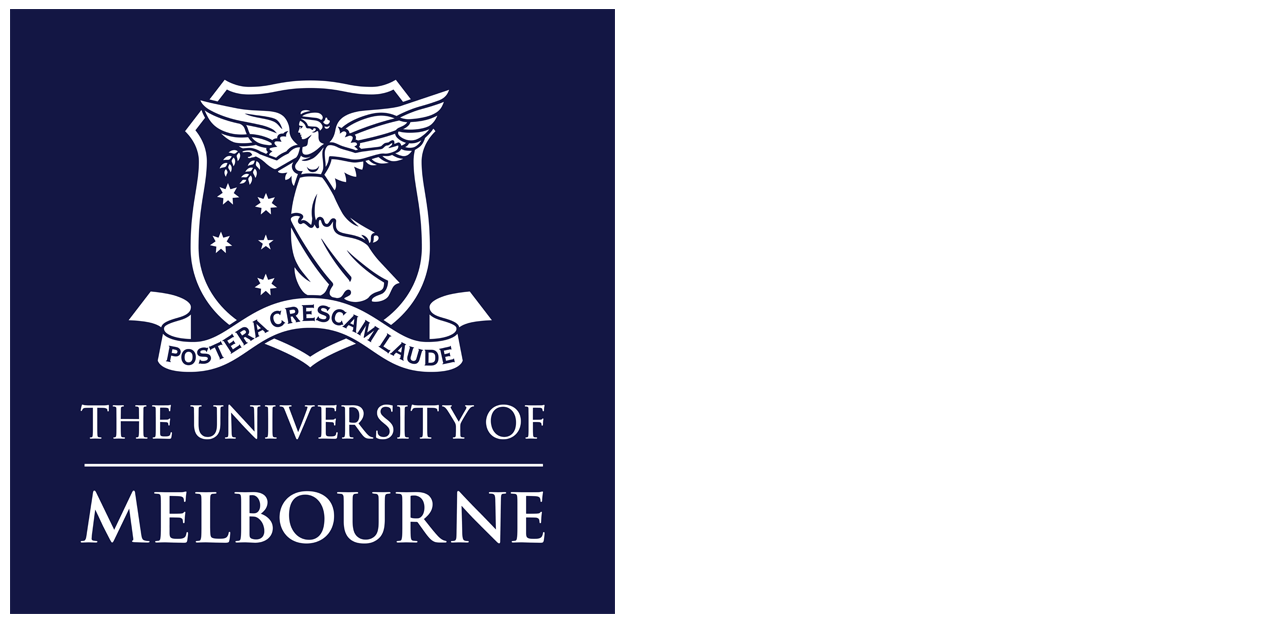

From improving socioecological outcomes to sustainability, decarbonisation, and state-of-the art learning, our aspirations for the campus of the future are ambitious and diverse.
The value of digital technology to optimise and improve planning and design though to sustainable operations of buildings and landscapes cannot be realised without:
This event will bring together panelists to discuss the technology, people and processes we need for a successful digital campus, in order to enable a sustainable, carbon-neutral future.
Director, Greenline, City of Melbourne
Mark Allan is an architect and urban planner with a master’s degree from Melbourne Business School. A Director at the City of Melbourne and Fellow of both the Australian Institute of Architects (AIA) and Planning Institute of Australia (PIA), he has expertise in major projects – including planning and design for Federation Square, Melbourne Docklands, the Queen Victoria Market Precinct Renewal and Greenline Project. Allan is a PhD candidate at UniMelb researching SDGs and performance-based frameworks, applying digital twin technologies to improve the sustainable performance of major urban regeneration projects.
Prof Abbas RajabifardAssociate Dean, Sustainability, UniMelb; Director, CSDILA
Prof Abbas Rajabifard is Associate Dean, Sustainability at the Faculty of Engineering and Information Technology (FEIT). An internationally-recognised scholar, geospatial engineer and active leader in land administration system modernisation, sustainability and resilience, he also serves as Director of UniMelb’s Centre for Spatial Data Infrastructures and Land Administration (CSDILA). Rajabifard leads the digital twin platform for smart cities and urban analytics, is a Board Member of the United Nations Academic Network for Global Geospatial Information Management to assist UN Member States for their sustainability, and is a member of the UN International Advisory Committee for UN Global Geospatial Knowledge and Innovation Centre.
Jade GermantisProgram Director, Digital Estate, UniMelb
Jade Germantis leads the Digital Estate Program within Business Services, optimising the university’s portfolio of buildings, infrastructure and asset data towards a digital by default approach – enabling next generation space and facilities management.
A/Prof Christhina CandidoDirector, SHE Lab
A/Prof Chris Candido directs the SHE (Sustainable and Healthy Environments) Lab within the Faculty of Architecture, Building and Planning (ABP). She leads a program of applied and interdisciplinary research aimed at leveraging end-user experience to improve design and performance of spaces across typologies and scales. An expert in Post-Occupancy Evaluation (POE), Candido’s work has been used to inform changes in design and operational practices around the world. She is a member of the International WELL Building Institute Global Research Advisory Board and WELL Faculty and received the 2023 Changemaker Award.
Dr Serryn EaglesonDigital Advisory Lead, ARUP
Eagleson has 20 years’ experience leading digital infrastructure programs for some of the largest city projects in Australia and beyond. With a PhD in Geomatics, her expertise lies in the design and delivery of systems for digital twin infrastructure, spatial planning, analysing movement and behaviour. Eagleson focuses on the data and digital infrastructure required to inform digital twins and information systems including population dynamics, transport planning and urban planning applications. She brings knowledge of how data can be extracted, transformed and accessed used to every project.